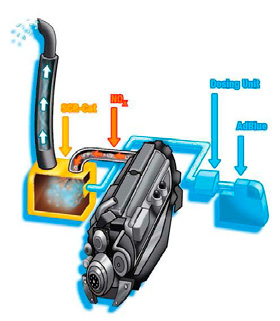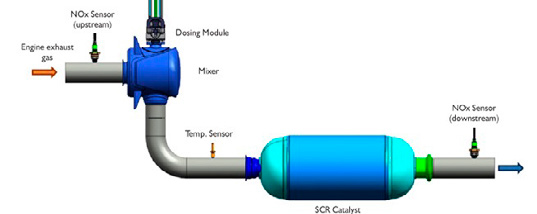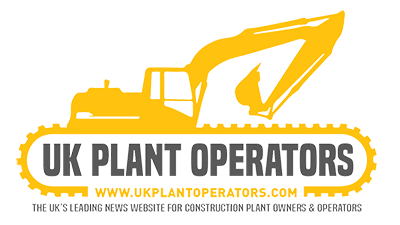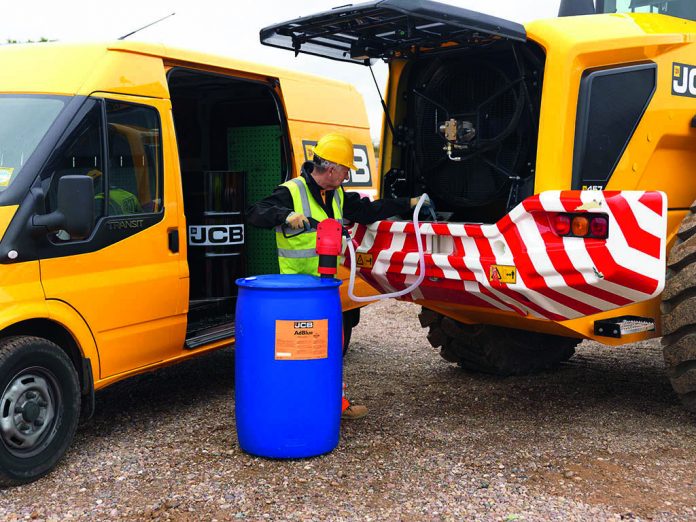![]()
What do you know about AdBlue?
It is a known fact that JCB has long been at the forefront of engine design. Yet, with the stringent Tier 4 Final and Stage IV emissions legislations now coming into full effect, it’s more important than ever to know how this continually changing and improving technology, and the introduction of AdBlue, affects you and your fleet.
What is AdBlue?
One advantage of a Tier 4 Final JCB machine is that it still does not require an expensive Diesel Particulate Filter (DPF) to reduce emissions; instead, JCB is introducing Selective Catalytic Reduction (SCR) systems to all machines with engines above 55kw (75hp). SCR systems require a Diesel Exhaust Fluid (DEF) to enable reduced fuel consumption and to ensure the levels of exhaust nitrogen oxides (NOx), particulate matter and hydrocarbons are significantly reduced, as required by the emissions legislations. The Diesel Exhaust Fluid used in JCB machines is AdBlue.
Why is it needed?
The purpose of AdBlue is to convert the toxic nitrogen oxides (NOx), found in the exhaust gases of diesel engines, into harmless nitrogen and water. AdBlue, which is made up of approximately 2/3 water and 1/3 urea, is sprayed into the exhaust gases as they leave the engine. Within the catalytic converter, the exhaust heat transforms the urea into ammonia, and it’s the ammonia in the urea which causes the chemical reaction, converting the nitrogen oxides (NOx), into nitrogen and water vapour. Apart from the huge reduction in environmental impact this has, it is also important because NOx forms nitric acid that can damage lung tissue.

How important is AdBlue?
AdBlue has its own tank and unique filling point on all JCB machines, illustrated here by the blue DEF cap. These have been made exceptionally accessible for easy refill on site. It is critical that it is not mixed with any other substance when the tanks are being topped up. Residues of oil and diesel, for example, can damage the system and may render machine warranty invalid. It’s sensible never to run out of AdBlue to eliminate any possibility of contaminants reaching the tank. There are in-cab warnings to show fluid levels. If levels fall beneath 15% the machine will gradually lose power until the engine drops into limp home mode.

How durable is it?
Most plant and equipment is designed to work in a wide range of temperatures. As the freezing point on AdBlue is minus 11°C it is not just a case of a simple tank to hold the fluid. On JCB machines AdBlue pipes are fitted with electrical trace heating elements and the storage tank is heated by the engine’s cooling system to ensure the liquid doesn’t freeze over. When the machine is shut down for the day all AdBlue fluid in the pipes is automatically purged from the system and returned to the tank. The illustration highlights how SCR works.

Where can I buy?
AdBlue is available from all Greenshields JCB depots. For ease of use, it is supplied in convenient 18 litre containers or in larger 200 litre barrels.
For more information contact your local Greenshields JCB depot.























